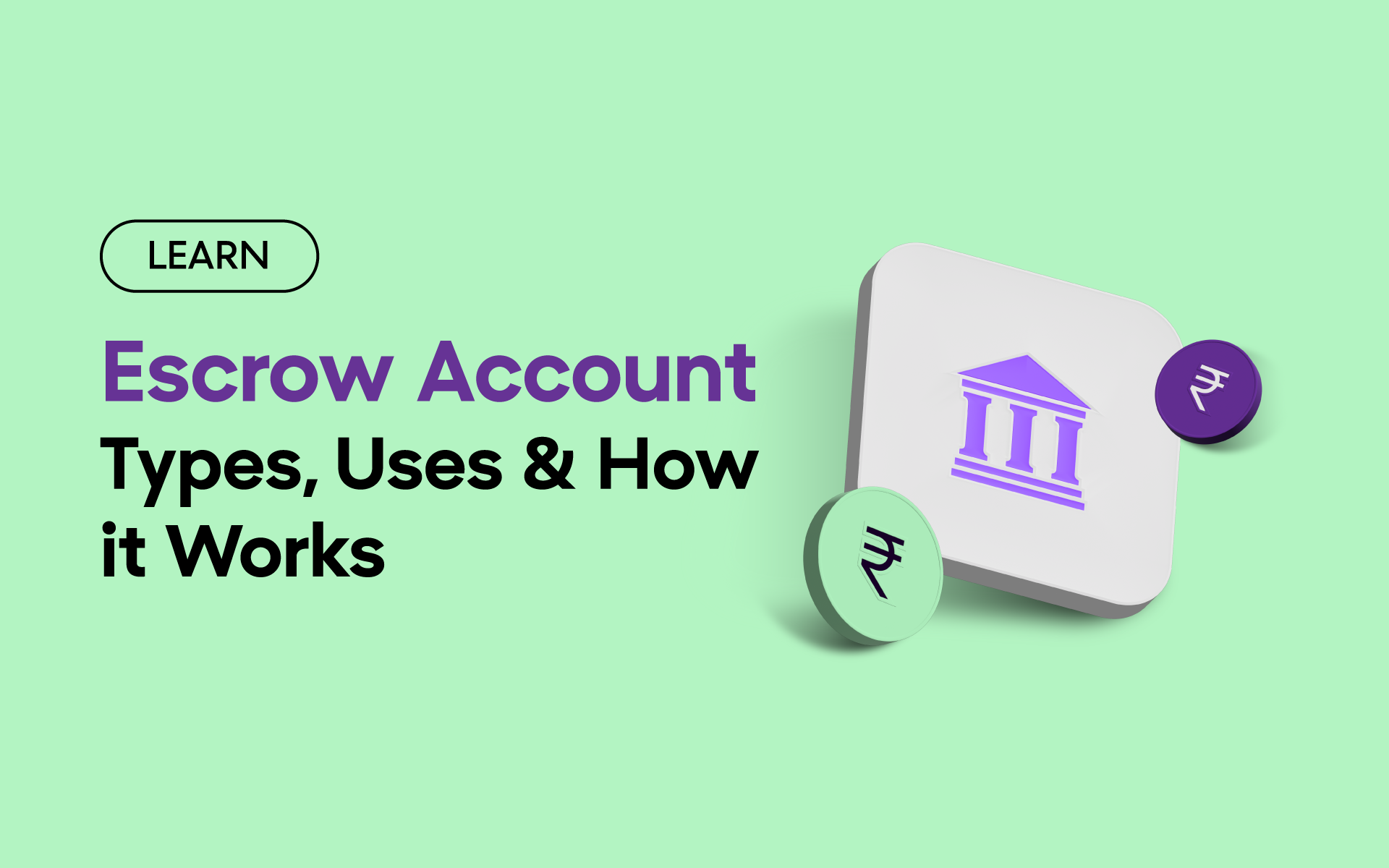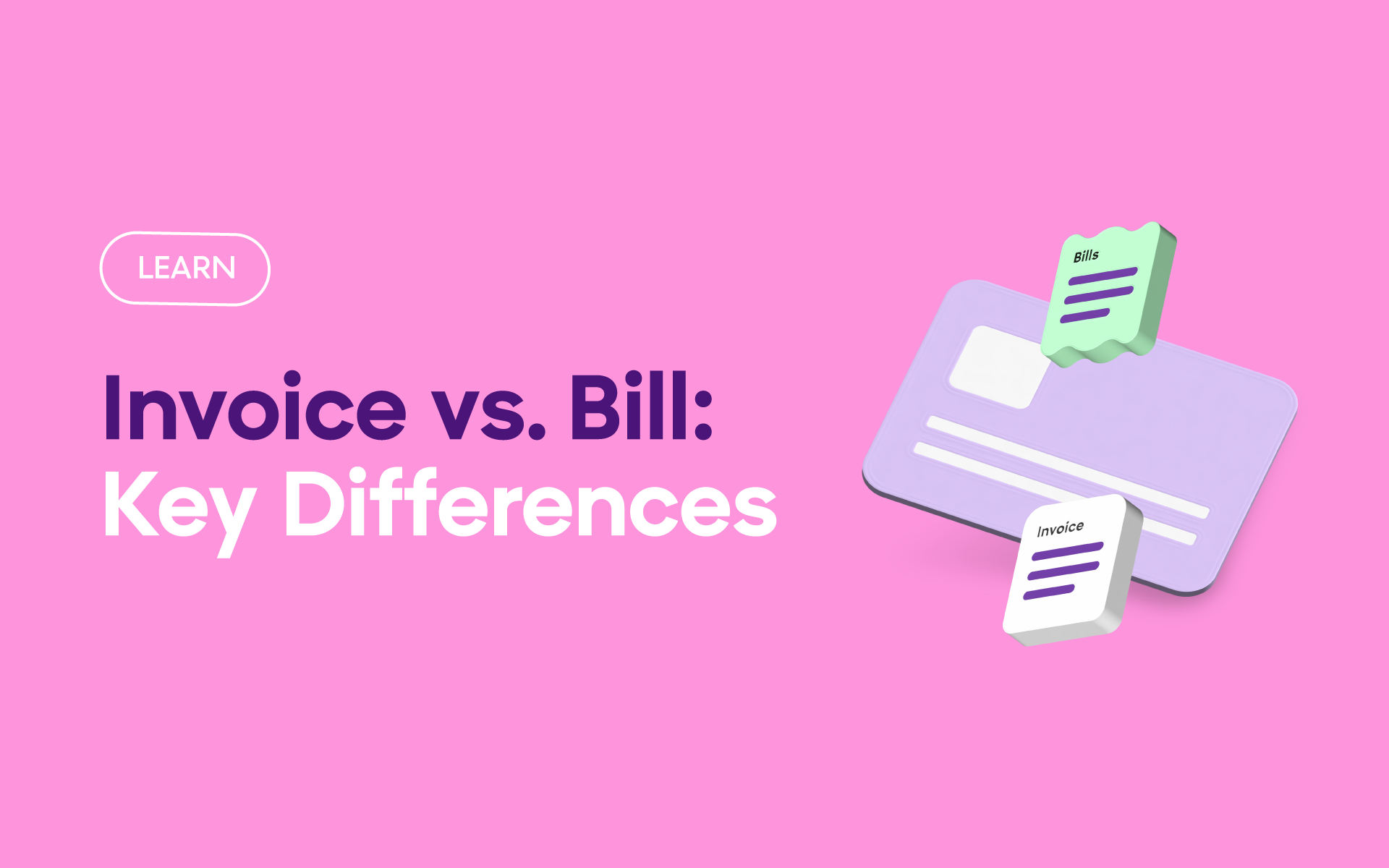Trust is vital in transactions, especially when large amounts of money are involved. However, relying only on trust can sometimes lead to risks or disagreements. This is where escrow accounts step in to offer a reliable solution. These accounts are commonly used in real estate deals, business transactions, online purchases, and even legal settlements to ensure fair and secure exchanges.
An escrow account temporarily holds funds or assets until both the buyer and the seller fulfill the agreed-upon terms of a transaction. It provides a layer of security, ensuring all conditions are fulfilled before the transaction is completed.
Understanding the Meaning of an Escrow Account
An escrow account is a secure arrangement in which a neutral third party holds funds, documents, or assets until the agreed-upon conditions between two parties are satisfied. It ensures that all obligations are fulfilled before completing the transaction.
The role of the escrow agent, often a bank or a trusted intermediary, is to oversee the process and ensure that all terms are met before releasing the assets. This arrangement provides added security and fairness for both sides of the transaction.
How Does an Escrow Account Work?
An escrow account provides an additional layer of security by involving a neutral third party to oversee the transaction. It begins with an agreement between the buyer and seller, where both sides clearly outline the conditions that need to be met for the funds or assets to be released. This step ensures transparency and establishes mutual expectations.
After finalizing the terms, the buyer places the agreed amount or asset into the escrow account. The escrow agent, acting as an unbiased facilitator, oversees this deposit. The agent verifies its receipt and ensures that all parties clearly understand the agreed conditions, avoiding any confusion in the process.
Following this, the seller fulfills their responsibilities, which could involve delivering goods, providing services, or transferring property ownership. Throughout this stage, the escrow agent monitors the progress to confirm that the conditions specified in the agreement are met.
Once all obligations are fulfilled and both parties agree, the escrow agent releases the funds to the seller. This final step completes the transaction, ensuring the deal proceeds smoothly while minimizing risks of fraud or disagreements. In cases where conditions are not met, the escrow agent typically returns the deposit to the buyer, safeguarding their interests.
Benefits of an Escrow Account
Escrow accounts offer numerous benefits by creating a secure and transparent environment for transactions. With an unbiased entity managing funds or assets, they provide assurance to both buyers and sellers. Buyers can rest assured their money will be transferred only when all agreed-upon conditions are fulfilled, while sellers are guaranteed payment once they meet their obligations. This arrangement minimizes risks and builds trust between both parties, ensuring a smoother and more reliable transaction process.
Furthermore, escrow accounts organize the steps involved in complex transactions, such as real estate or high-value deals. They ensure that each condition is met in the proper sequence, reducing errors or premature fund releases. This structured approach helps prevent confusion and allows both parties to proceed through the transaction with clarity, especially in high-value or international deals. This level of reliability makes escrow accounts a valuable tool for secure exchanges.
Types of Escrow Accounts
There are different types of escrow accounts to meet varying financial needs, offering safety and transparency in transactions. Here are some of the most common types:
- Real estate Escrow: This is often used in property transactions. The buyer’s funds and key documents, like the property deed, are held in escrow until all agreement terms are met. It ensures the process is fair for both parties.
- Mortgage Escrow: Mortgage lenders use this account to manage homeowners’ property taxes and insurance premiums. Monthly payments are collected and paid out as needed, making it easier for homeowners to manage their finances without making large, unexpected payments.
- Stock Escrow: In corporate settings, shares can be held in escrow until conditions such as performance targets or timelines are met, often seen in mergers and acquisitions. In India, companies set up escrow accounts to gather subscription funds for shares and make sure that at least 90% of the shares are taken up or else the money will be returned to the investors.
- Legal Escrow: Often used during legal disputes or settlements, this account holds funds or assets until the court or involved parties agree on a resolution. It ensures that financial commitments are met once all legal conditions are satisfied.
- Online E-Commerce Escrow: Popular in online marketplaces, these accounts hold payment until the buyer receives and confirms the order. They protect both buyers and sellers by ensuring goods or services are delivered as promised before the funds are released.
Each type serves its unique purpose, simplifying transactions and ensuring all parties meet their commitments.
Conclusion
Escrow accounts are essential for making transactions safer and more reliable. They act as a middle ground where funds or assets are held until all agreed conditions are met, protecting both the buyer and the seller. This helps avoid disputes and ensures everyone involved fulfills their part of the deal.
Whether it’s for buying a home, completing a business deal, or handling private transactions, escrow accounts add clarity and confidence to the process. By keeping things clear and organized, they help transactions go smoothly and make them a smart choice for both simple and complex deals.
FAQs
1. What is an escrow account in India?
An escrow account in India is a secure account managed by a third party that holds funds or assets until both parties in a transaction fulfill the agreed-upon conditions.
2. What is an escrow account used for?
It protects both parties in a transaction by holding money or assets until all conditions are met, ensuring a secure and reliable exchange.
3. What is required to create an escrow account?
To create an escrow account, the parties need to agree on the transaction terms, submit the necessary documentation, and choose an escrow agent to oversee the account.
4. How to open an escrow account in India?
To open an escrow account in India:
- Select a Bank: Choose a bank offering escrow services.
- Inquire and Submit Documents: Contact the bank and provide necessary documents like ID and transaction details.
- Agree on Terms: Finalize conditions and fees for the account.
- Fund the Account: Deposit the agreed amount to secure the transaction.
- Monitor Transactions: Ensure all activities comply with the agreed terms.
- Account Closure: Once the transaction concludes, close the account as per the agreement.
This process ensures a secure and structured approach to managing funds during a transaction.





